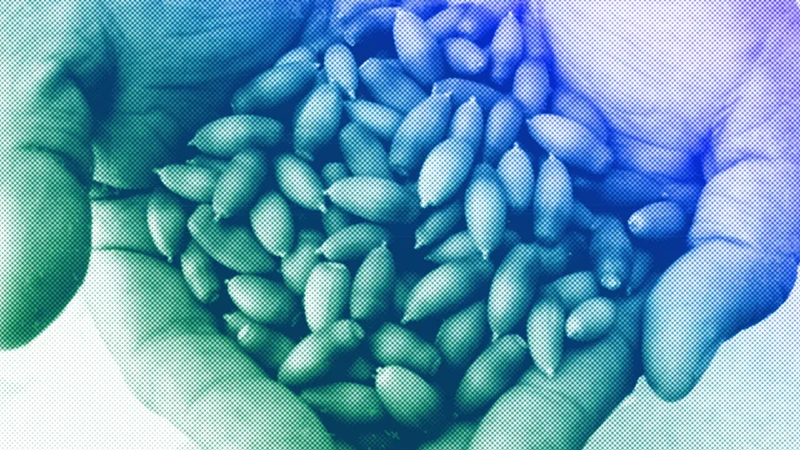By collaborating more closely together, the public and private seed sectors can unlock new, creative solutions that may, in fact, deliver the goal of ending hunger against all odds, Michael Keller writes
The $7 billion (€6.4bn) pledged at the recent COP28 climate talks for transforming global food systems was a clear indication that governments and philanthropists recognise the urgency of the climate crisis and its implications for food security
The funding will go some way towards delivering the goals of the Emirates Declaration on Sustainable Agriculture, Resilient Food Systems and Climate Action, supported by more than 159 countries
It will also help fill the investment gap in science and innovation for solving the complex dilemma of sustaining the population without harming the planet
?LaIs quantum computing the next technology on theEU's regulation agenda
But investment is only one piece of the puzzle. In discussions about transforming food systems, the role of seeds is largely missing and this is a serious oversight
No agricultural input is more impactful in building climate resilience than seed itself
Seeds need funding to thrive, too
Too often, the biggest challenge is in scaling up seed innovation and getting it to millions of smallholder farmers
Achieving the necessary improvements in crop productivity by 2030 and beyond, therefore, needs creative and collaborative partnerships that leverage the best of both public and private sectors and scale up existing initiatives
When it comes to advancing the latest climate-defying crops and ensuring that smallholder farmers have access to these improved seeds, the public and private sectors play complementary roles
In the first instance, deploying agricultural innovation at scale certainly needs sustained and significant funding, which cannot be delivered at the levels required by either the public or the private sector alone
euronews







Write your comment